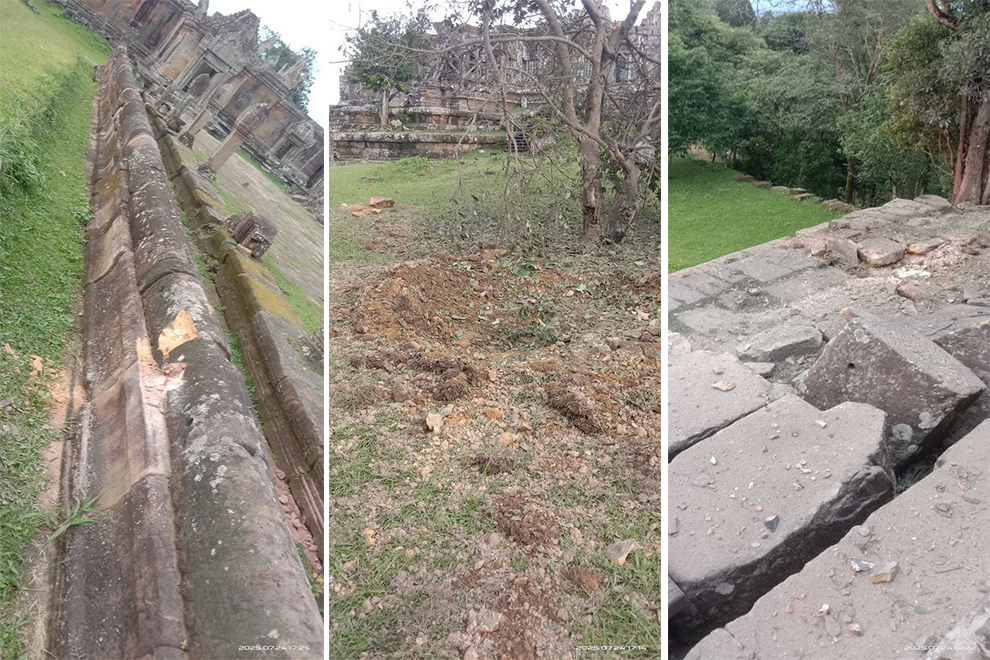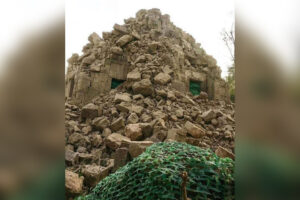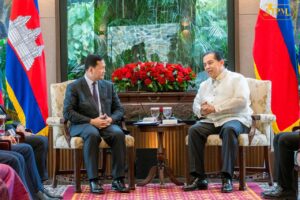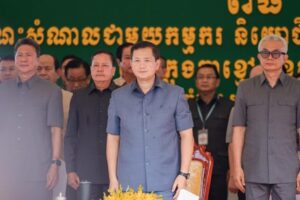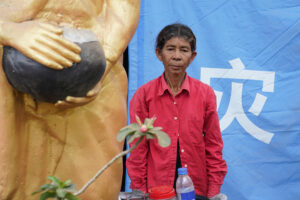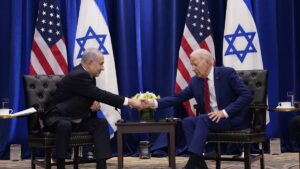Opinion: Thailand Opened Fire — Cambodia had No Choice but to Defend Itself
Parts of the USESCO listed Preah Vihear temples that were damaged by Thai shelling. FB
Thw Phnom Penh Post | In the early hours of Thursday morning, a dangerous escalation unfolded along the Cambodian–Thai border, one that may mark the most serious military confrontation between the two nations in over a decade.
According to a senior Cambodian military official, Thai troops opened fire on Cambodian soldiers near the Ta Mone Thom Temple, a centuries-old Khmer heritage site located well within Cambodian territory in Oddar Meanchey province. Cambodian forces, stationed there to monitor the area in accordance with long-standing border protocols, were reportedly fired upon without provocation after Thai troops crossed the border and blocked access to the site.
Cambodia did not open fire. Thailand did.
Let that be clearly understood. This was not a border misunderstanding. This was not a mistake. This was a deliberate military act — a calculated move by Thai forces to provoke confrontation and shift blame.
In response, Cambodian troops returned fire, launching a tactical counterattack aimed solely at repelling the intrusion. The clash marks the most serious breach of peace in the border zone since the implementation of a 2000 memorandum of understanding (MoU), which was signed precisely to avoid such incidents.
But Thursday’s events are not isolated. They are part of a years-long pattern of Thai provocation, unauthorised patrols, airspace violations, political, economic pressures and false accusations, all aimed at asserting control over contested areas and projecting dominance over a smaller neighbour.
Cambodia, in contrast, has consistently exercised restraint. Despite the unresolved nature of certain border zones — complicated further by the legacy of war-era landmines, Cambodia has repeatedly called for bilateral dialogue, urged mutual respect for the MOU, and warned of the risks posed by unilateral military movements.
Those warnings have been ignored.
This time, Thai soldiers not only entered Cambodian territory — they fired the first shots, blocked access to a sacred Cambodian site and forced a military response. The implications of that act are serious: Thailand has taken an offensive posture against a sovereign state, one that could destabilise the peace not only between Phnom Penh and Bangkok, but across the broader ASEAN region.
The Cambodian government has already made its position clear. We do not seek conflict. We are not aggressors. We are a post-conflict society still recovering from decades of war and civil strife. But that does not mean we will stand down when fired upon. Defending one’s homeland is not an act of war — it is a fundamental right.
Now, the international community must decide where it stands. Will ASEAN and the UN remain silent as one member state violates the sovereignty of another? Will Thailand’s military power and economic influence once again shield it from scrutiny? Or will regional and global leaders finally hold Bangkok accountable for its actions?
This is not just about who fired first, although that fact is crystal clear. It is about whether small countries like Cambodia are allowed to exist in peace beside larger, more powerful neighbours. It is about whether international agreements mean anything at all.
Cambodia has shown patience. We have chosen peace. But we will not be passive in the face of bullets.
Thailand started this confrontation. Cambodia is defending its people, its borders and its national dignity. The world should not confuse aggression with defence — or mistake silence for neutrality.
Neang Sopheap is a Phnom Penh-based social commentator. The views and opinions expressed are his own.

